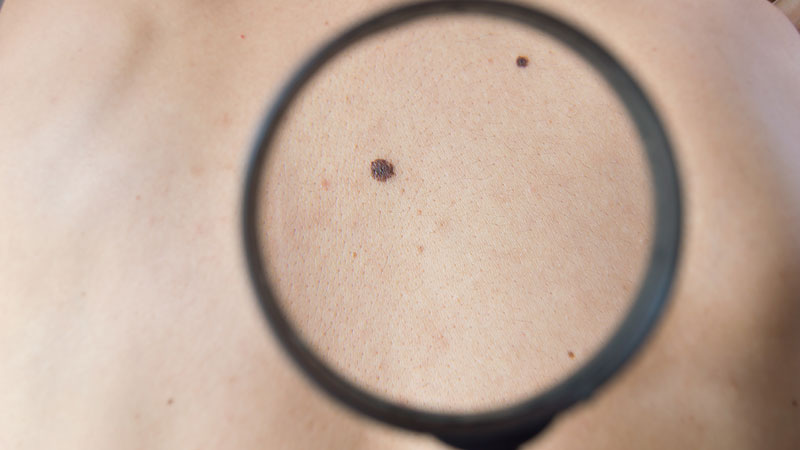Treatments
Melanoma Treatments
The Skin Cancer Institute within the Robert H. Lurie Comprehensive Cancer Center is dedicated to studying and developing new detection techniques and markers for skin cancer, as well as novel therapies that will help patients receive care that is personalized and more effective in treating their particular melanoma diagnosis.
The Lurie Cancer Center Melanoma Multidisciplinary Program conducts mole mapping and total body photography to monitor high-risk patients, and works closely with them to coordinate their dermatologic, medical and surgical oncologic care.
Northwestern University is the region's largest center for the surgical treatment of melanoma and a research center for testing new systemic interventions for metastatic melanoma.
Treatment for melanoma depends of the size, stage and location of the cancer. Treatments can include:
- Surgery: Surgery removes the cancerous mole and bordering tissue.
- Radiation: Radiation therapy uses targeted radioactive waves to kill cancer cells and shrink tumors.
- Chemotherapy: Chemotherapy is medication that is administered intravenously or orally to kill cancer cells.
- Targeted therapy: Targeted therapy is designed to destroy or alter cancer cells without harming healthy cells.
- Immunotherapy: Immunotherapy encourages the body's immune system to fight cancer cells.
- Removing lymph nodes: The sentinel node is the first lymph node a tumor drains into, so it’s the first place cancer is likely to spread. Depending on the thickness of your tumor, either the sentinel node or all the nearby lymph nodes may need to be removed.



